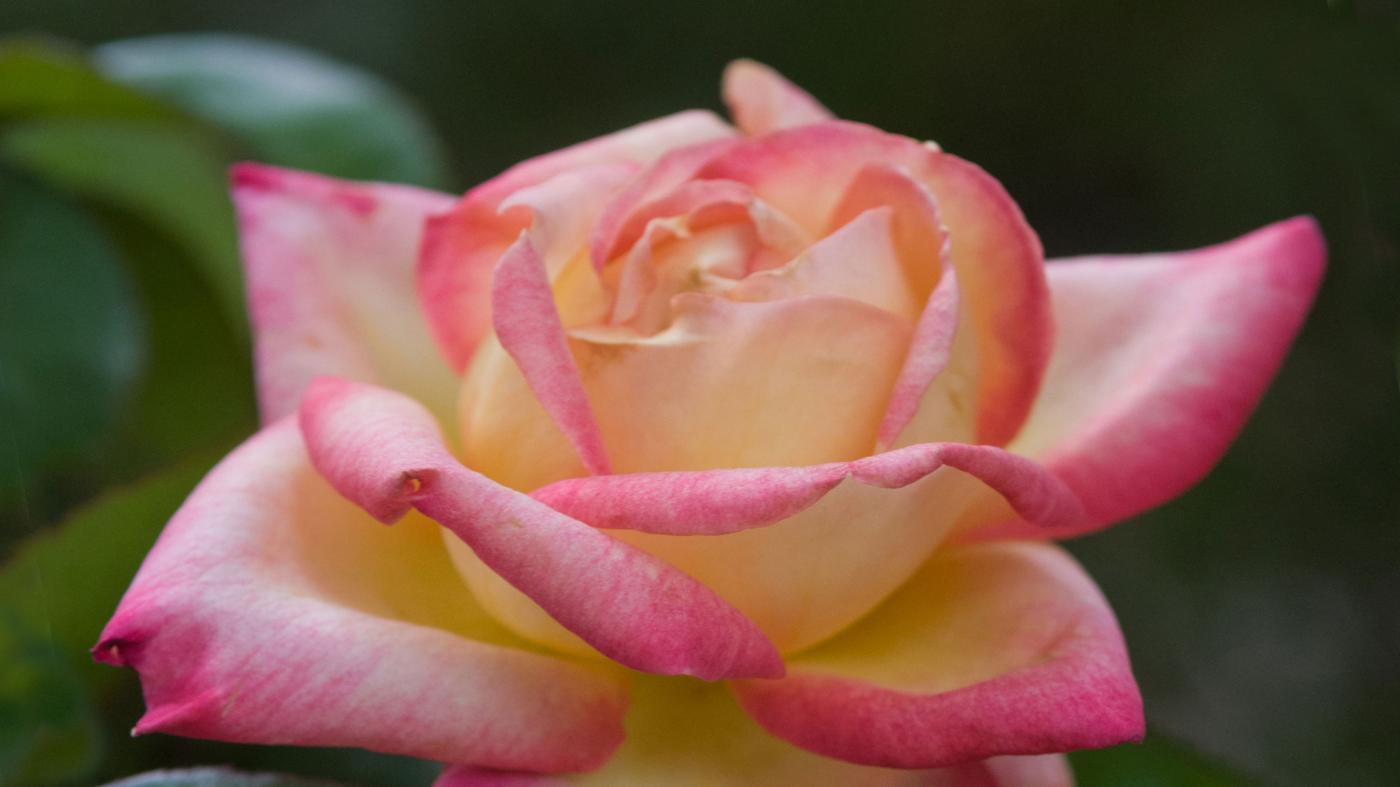
42.13808441, -87.78229523
42.13810349, -87.78229523
42.1382103, -87.78230286
42.13945007, -87.78478241
42.13946152, -87.78536987
42.1396904, -87.78599548
42.14025116, -87.7861557
42.14030075, -87.78612518
42.14051819, -87.78490448
42.14294815, -87.78515625
42.14536285, -87.78560638
42.145401, -87.78716278
42.14548111, -87.78977966
42.14670563, -87.78739929
42.14679337, -87.7873764
42.14686966, -87.78787994
42.14689255, -87.78749847
42.1469574, -87.78801727
42.1470108, -87.78787231
42.14706421, -87.7880249
42.14716339, -87.78923798
42.14719391, -87.78810883
42.14743805, -87.78858948
42.14755249, -87.7848587
42.14758682, -87.78490448
42.14766693, -87.78487396
42.14789963, -87.78487396
42.14801025, -87.7848587
42.14809799, -87.78488922
42.14813995, -87.7848587
42.14845276, -87.7922287
42.14845657, -87.79208374
42.14848709, -87.79219055
42.14877701, -87.79445648
42.1488266, -87.7877655
42.14892578, -87.79452515
42.14894104, -87.79460907
42.14896393, -87.79450989
42.14896774, -87.79450989
42.14909363, -87.78855133
42.14915848, -87.78691101
42.14923096, -87.78624725
42.14933014, -87.78834534
42.14948273, -87.78691101
42.14961624, -87.78723145
42.14971542, -87.78839874
42.14995956, -87.78791046
42.14998245, -87.78850555
42.14999008, -87.78798676
42.15001297, -87.78766632
42.1500206, -87.78778076
42.15003204, -87.78812408
42.15003586, -87.78858948
42.1500473, -87.789505
42.15005875, -87.78821564
42.15007019, -87.78934479
42.15007401, -87.78934479
42.15008545, -87.78852081
42.15012741, -87.78772736
42.15016556, -87.78826904
42.15021133, -87.78672791
42.15023422, -87.78839111
42.15024567, -87.78870392
42.15039444, -87.78955841
42.15045547, -87.78990936
42.15052032, -87.79579163
42.15052795, -87.78985596
42.15067673, -87.7901535
42.15069199, -87.79574585
42.15070343, -87.79032135
42.1507988, -87.78852081
42.15081024, -87.79004669
42.15081406, -87.79004669
42.15081787, -87.79584503
42.15088654, -87.78838348
42.15089035, -87.7868576
42.15094376, -87.78840637
42.15099335, -87.78884125
42.15106583, -87.79177094
42.1510849, -87.78849792
42.15108871, -87.78850555
42.15109253, -87.79186249
42.15109634, -87.79568481
42.15110016, -87.78904724
42.1511879, -87.79522705
42.15121078, -87.79208374
42.1512146, -87.79502869
42.15121841, -87.7937851
42.15122986, -87.7869339
42.15125275, -87.79026031
42.15127563, -87.78850555
42.15129471, -87.7906189
42.15132141, -87.79206848
42.15133286, -87.79025269
42.15134048, -87.78969574
42.15140533, -87.79483795
42.15147018, -87.79470062
42.15147781, -87.79056549
42.15150452, -87.78992462
42.15152359, -87.78829193
42.15154266, -87.78988647
42.15154648, -87.78858948
42.15158463, -87.7897644
42.15163803, -87.79026031
42.15164185, -87.79042053
42.1517601, -87.78897858
42.15177155, -87.78942108
42.15199661, -87.79341125
42.15237808, -87.78908539
Red Oak
The red oak is one of the largest and most important timber trees. It can grow 2 feet per year, and attain a height and width of 60 to 75 feet. It is used in residential landscapes, on city streets, in parks and on golf courses. The acorns ripen biennially in fall and drop early, providing a food source for grouse, nuthatch, blue jays, wild turkeys, squirrels, bears, deer, and raccoons. Fall color is inconsistent and varies from red to reddish-brown or sometimes yellow. The leaves of this oak are broad and sharply toothed. There are more than 150 northern red oaks in the Chicago Botanic Garden's collection.
The genus Quercus includes more than 600 species of the oak tree, of which 90 are native to North America; the Chicago Botanic Garden's collection contains more than 60 varieties and over 1,000 individual trees. Twenty oak species are native to Illinois.
Oaks are slow growing, long lived, hard wood trees that produce fruit we all know as acorns. Within the white oak group, acorns mature annually; in the red oak group, acorns take two years to mature (biennial). Oaks are often imposing shade trees at maturity and provide habitat and food for a variety of wildlife.










